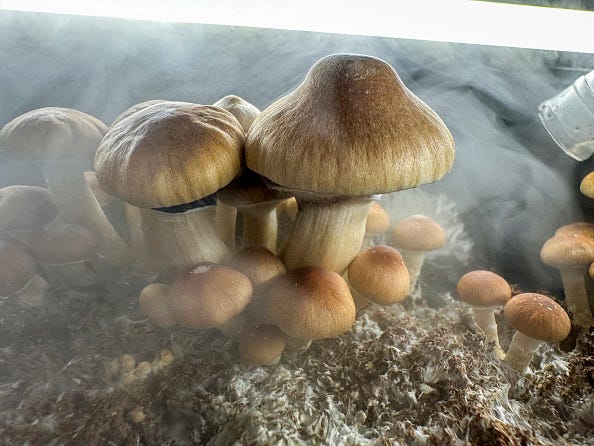
Earlier this year, Audacy reported on the California Institute of Integral Studies’ new accredited bachelor's degree in psychedelic research. It was the first of its kind in the United States.
While many people might think of psychedelics like LSD and magic mushrooms as recreational drugs, there is a growing field of study focused on the therapeutic applications. “Something Offbeat” host Mike Rogers recently spoke with Jim Grigsby, executive director of the CU Denver Center for Psychedelic Research to learn more.
“You know, there's a little bit of that kind of a holdover from the 60s and 70s and the drug war. I think, though, that the number of people who feel that way, both mental health and other providers, health care providers, have begun to recognize the utility of this,” Grigsby said.
Listen to the full episode to learn more about the history of psychedelic studies and more.
Each week, “Something Offbeat” takes a deeper look at an unusual headline. If you have suggestions for stories the podcast should cover, send them to us at somethingoffbeat@audacy.com.
